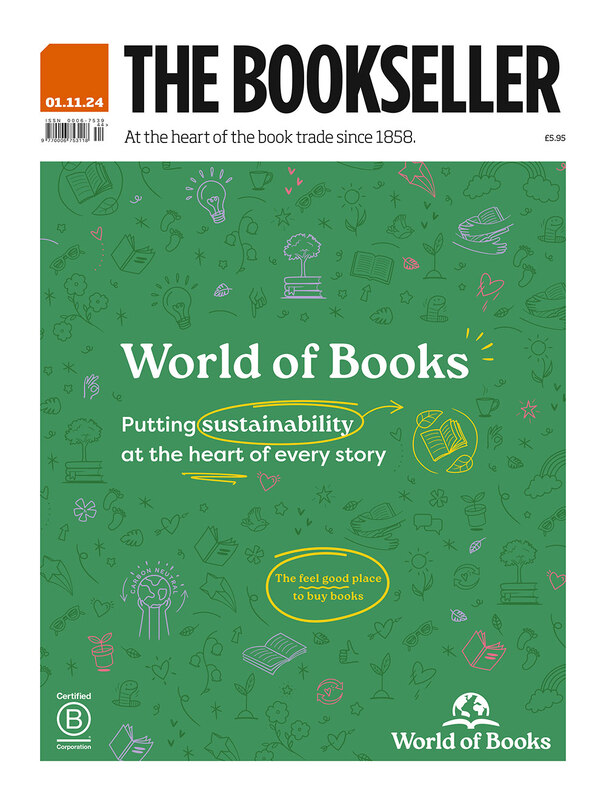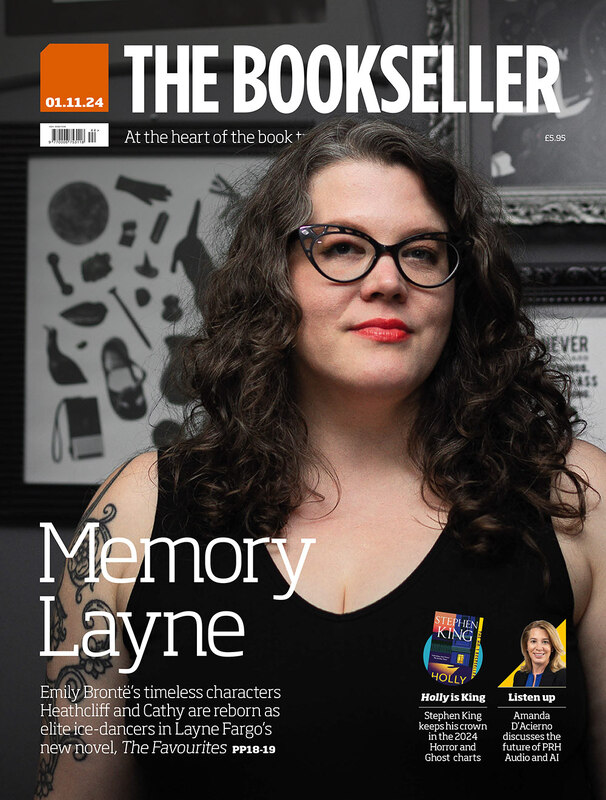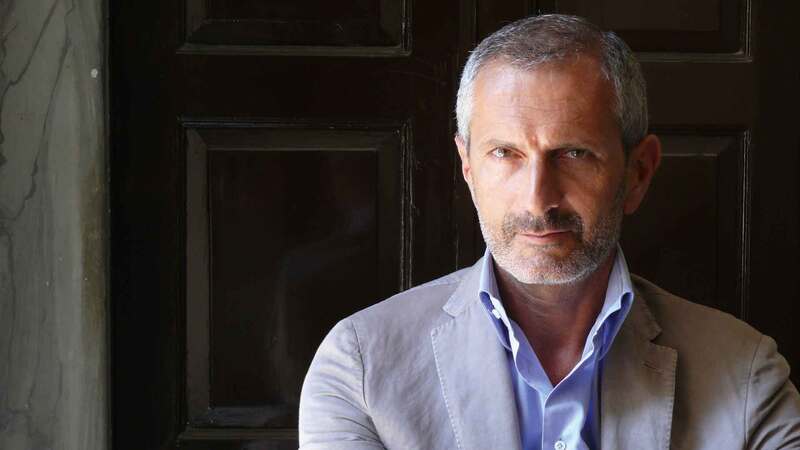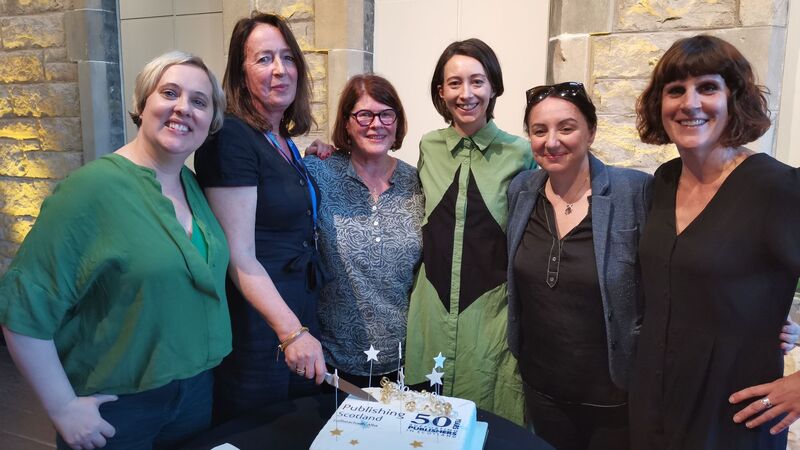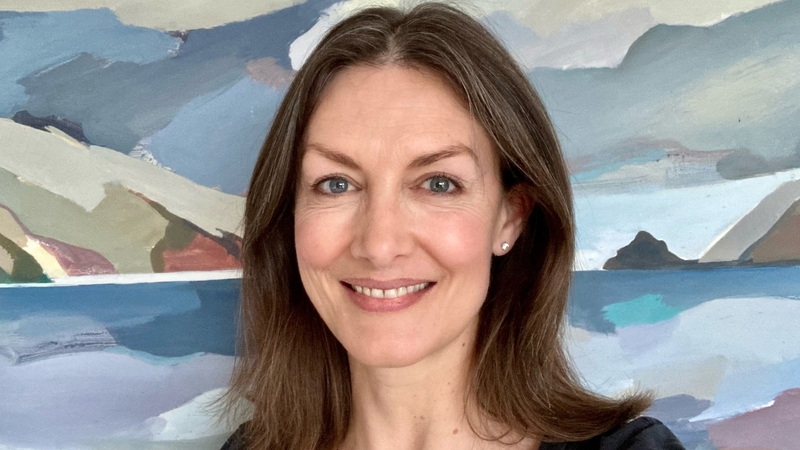You are viewing your 1 free article this month. Login to read more articles.
'I work for Ed Victor...'
For nearly 10 years, this short sentence was my calling card, provoking more interest than anything else I could say about my job. Ed was the one literary agent people had heard of. He needed no nickname, he was just Ed, agent to the stars. His client list spanned literature (Iris Murdoch, John Banville, Edna O’Brien), music (Keith Richards, U2, Eric Clapton), politics (Matthew Parris, Alastair Campbell, David Cameron), cookery (Nigella Lawson, The River Café), Hollywood (Rupert Everett, Mel Brooks) and multimillion-selling authors of the calibre of Frederick Forsyth, Kathy Lette and Jack Higgins.
Ed was larger than life, seen at several parties a night, with his own table at The Ivy and a lifestyle quite unlike anyone else’s in publishing. He was the first agent to increase his commission from 10% to 15%. Few of his clients complained and over the years other agents quietly followed him. But Ed was worth it. He negotiated deals for his authors that few could match. At the agency’s 30th anniversary party, Gyles Brandreth gave a brilliant speech in which he joked that he was Ed’s least successful client—one of the six-figure boys. Ed sold his authors’ books in every way he could to publishers all around the world, to film and TV producers. And many profited by association.
Ed launched so many writers’ careers. And he did the same in publishing. Some terrific agents learned their trade from him. He was generous with what he knew and proud of what the likes of Lizzy Kremer and Grainne Fox achieved after leaving his firm. When I told him that I wanted to set up my own agency, he told me what I should and shouldn’t do, the people I should work with and the few I shouldn’t. Most days I would eagerly trot up the stairs to his office. He had an extraordinary gift for finding solutions to difficult situations, one that both authors and publishers appreciated. But my favourite moments were always when he’d pause, weigh things up, and in his New York drawl tell me to tell them "to go fuck themselves". He knew perfectly well that the message would be diluted along the way. But it usually worked. He had an incredible sense of what to accept and what to resist.
Galaxies ahead
When I asked if I could get a puppy and bring her into the office, there were no profanities. Instead he said yes, but told me the story of how the cynophobic Douglas Adams had chosen him over the rival agency with an elderly dog sleeping on the sofa in reception. And if there was a client that defined Ed’s career, it was Douglas Adams. The Hitchhiker’s Guide to the Galaxy books were among many that were successful for author, agent and publisher. Ed’s office was filled with photos
of him with the great and the good but most prominent, perhaps, was one of Douglas. Thirty-five years after the original radio series, Ed was doing the deal for the recent TV adaptation "Dirk Gently’s Holistic Detective Agency".
Many people said of Ed that he liked being Ed Victor, and a few may have even meant it as a criticism. He enjoyed his life as much as anyone could and that rubbed off on those around him. When an agency is named after one person, that’s a strong clue as to what to expect. You got that with Ed. There was nothing understated about him.
Many of us left to make our way elsewhere, but we stayed longer than we might have done. And it wasn’t just Ed there. Maggie Phillips, Hitesh Shah, Sophie Hicks and Linda Van worked with (and sometimes for) Ed for almost a century between them. I can’t help wishing that the agency was still going independently, but it is perhaps a fitting testament to Ed that it couldn’t.

